Palbociclib Combination Fails to Extend Overall Survival for Advanced Breast Cancer
The PALOMA-2 clinical trial failed to meet its secondary endpoint of overall survival for the combination of palbociclib plus letrozole in patients with ER–positive, HER2–negative advanced breast cancer, according to updated data presented at the ASCO 2022 Annual Meeting.
Although palbociclib plus letrozole was associated with a numerical improvement in OS compared to placebo, the increase did not reach statistical significance, according to the researchers.
The CDK4/6 inhibitor palbociclib is approved by the FDA for the treatment of patients with ER–positive, HER2–negative advanced breast cancer. The randomized, phase 3 PALOMA-2 study previously met its primary endpoint of significantly improved progression-free survival over placebo for the combination of palbociclib plus letrozole (median, 27.6 months vs. 14.5 months; HR = 0.56; 95% CI, 0.46-0.69; P < .0001).
The study included data from 666 postmenopausal patients, whom the researchers randomly assigned to oral palbociclib (125 mg daily on a 3/1 schedule) or placebo, plus daily oral letrozole (2.5 mg continuously). OS data were not mature at the time of the previous analysis.
The median follow-up at the final data cutoff was 90 months. At the time of reporting, 43 patients in the palbociclib arm and five patients in the placebo arm continued to receive treatment.
The researchers observed 405 deaths in the study population. The median OS was 53.9 months (95% CI, 49.8-60.8) in the palbociclib arm, compared with 51.2 months (43.7-58.9) in the placebo arm (HR = 0.96; 95% CI, 0.78-1.18).
In a post-hoc sensitivity analysis that excluded data from patients lost to follow-up, the median PFS for the palbociclib arm was 51.6 months (95% CI, 46.9-57.1), compared with 44.6 months (95% CI, 37-52.3) in the placebo arm (HR = 0.87; 95% CI, 0.71-1.07).
In total, 179 patients assigned palbociclib and 93 patients assigned placebo achieved a disease-free interval greater than 12 months. The median OS for these patients favored palbociclib but did not reach statistical significance (66.3 months vs. 47.4 months; HR = 0.73; 95% CI, 0.53-1.01).
Post-study systemic therapy was common among patients who discontinued the study treatment (palbociclib vs. placebo, 81% vs. 88%), including CDK4/6 inhibitors (12% vs. 27%).
The researchers observed no new safety signals in the investigational combination.
Reference:
https://meetinglibrary.asco.org/user/login?destination=%2Fembargo%2Frecord%2F208020%2Fabstract
Disclosures: Some authors declared financial ties to drugmakers. See full abstract for details.
Images: Getty Images, Pixabay
By Cameron Kelsall, MD /alert Contributor
.jpg)





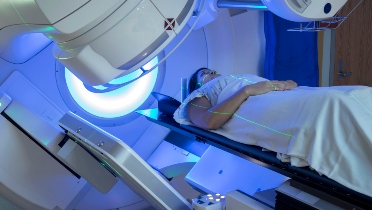










.jpg)
.jpg)
.jpg)

.jpg)
.jpg)
.jpg)
.jpg)
.jpg)
.jpg)
.jpg)
.jpg)
.jpg)
.jpg)
.jpg)
.jpg)
.jpg)

.jpg)

.jpg)
.jpg)
.jpg)
.jpg)
.jpg)
.jpg)
.jpg)

_.jpg)
.jpg)


.jpg)

.jpg)

.jpg)
.jpg)

.jpg)
.jpg)
.jpg)
.jpg)
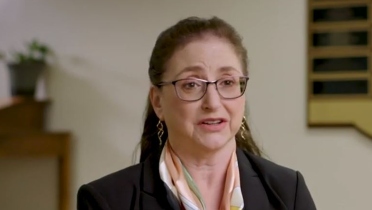
.jpg)

.jpg)

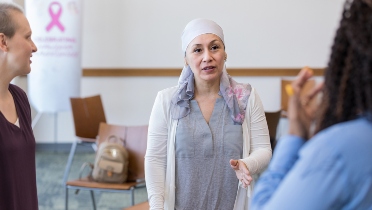
.jpg)
.jpg)
.jpg)
.jpg)

.jpg)
.jpg)
.jpg)

.jpg)
.jpg)
.jpg)


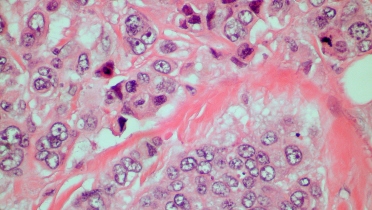
.jpg)
.jpg)

.jpg)
.jpg)

.jpg)

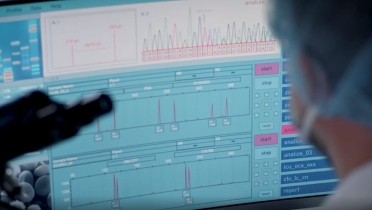
.jpg)
.jpg)
.jpg)

.jpg)
.jpg)
.jpg)
.jpg)
.jpg)
.jpg)
.jpg)

.jpg)

.jpg)
.jpg)
.jpg)


.jpg)

.jpg)

.jpg)
.jpg)
.jpg)
.jpg)

.jpg)
.jpg)
.jpg)

.jpg)
.jpg)
.jpg)
.jpg)
.jpg)
.jpg)
 Featured Breast Cancer Videos
Featured Breast Cancer Videos.jpg)